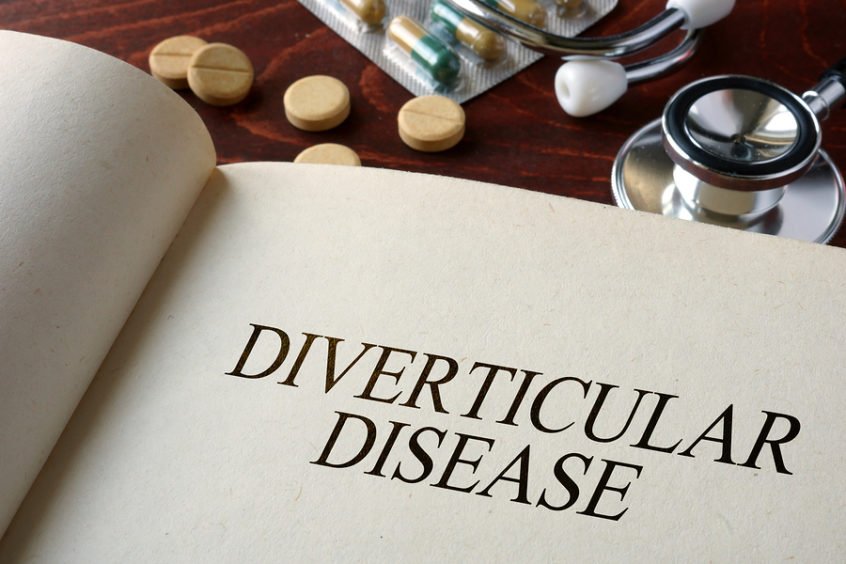It’s probably no surprise that people eating a Westernized diet suffer from more digestion disorders than other populations. In particular, diverticular diseases that result in the formation of small pouches in the colon develop from chronic constipation. Bacteria and other irritants get trapped in the pouches causing spasms, pain, inflammation, diarrhea, and sometimes bleeding. The consequence flare-ups associated with these diseases is often a hospital stay – especially for the elderly.
Immediate treatment of these flare-ups involves medications from your doctor as well as a low fiber diet. Foods low in fiber give your digestive system a chance to rest and recover. The problem is that people mistakenly follow low fiber diets long term for fear that eating fiber, seeds, and skins will cause further flare-ups. Sadly, they unknowingly perpetuate the inflammatory cycle.
While you don’t want to rush into high fiber eating after a flare-up, you do want to gradually increase your fiber intake until you are getting approximately 35-45 grams/day. If you don’t know how much fiber you’re eating, start by tracking it. From that starting point, increase your fiber intake by 5 grams/day in one week increments until you reach the recommended amount.
Getting your fiber from foods first is important. Fruits, vegetables, legumes, and whole grains not only have fiber but are loaded with vitamins, minerals, and anti-oxidants. Include both raw and cooked plant foods as well as nuts and seeds. Contrary to popular belief, there is no evidence to support staying away from these foods with diverticular diseases. In fact, they offer many benefits of mono- and polyunsaturated fats.
The second most important thing to do when you have diverticular diseases is to drink plenty of water. Drink half your body weight in ounces of water each day. For example, if you weigh 200 lbs. you would need to drink 100 oz. of water. This is more than the standard 8 glasses/day recommendation.
Need help personalizing your fiber and water recommendations? Perfect. A dietitian in your area can help you manage your diverticular diseases and create an eating plan that is right for you.
For more information or assistance, contact Kari Collett, RDN, LDN, CLT at A to Zinc Nutrition, LLC. www.AtoZincNutrition.com or 320.310.7211.

